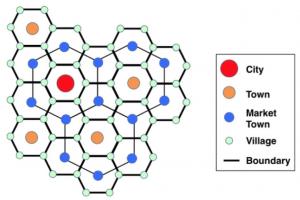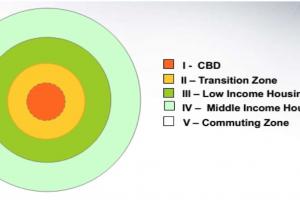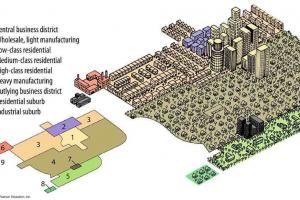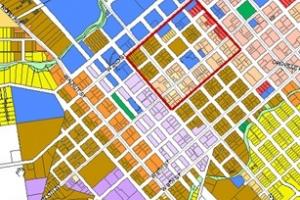Characteristics of Planning
Planning is a systematic and organized process that involves setting goals, determining actions, and allocating resources to achieve desired outcomes. The characteristics of planning can vary depending on the context and scope of the planning process. However, there are some common characteristics that can be associated with planning. Here are some key characteristics of planning:
Goal-oriented:
Planning is focused on achieving specific objectives or goals. It involves identifying what needs to be accomplished and setting clear targets to work towards.
Forward-looking:
Planning is future-oriented. It involves envisioning desired outcomes and creating a roadmap to reach those outcomes. Planning helps anticipate potential challenges and opportunities, allowing for proactive decision-making.
Systematic:
Planning is a systematic process that follows a structured approach. It involves gathering information, analyzing data, and organizing tasks and resources in a logical and sequential manner.
Flexible:
Planning recognizes that circumstances can change, and it allows for flexibility and adaptability. Plans may need to be adjusted or modified based on new information, changing conditions, or unexpected events.
Resource Allocation:
Planning involves allocating resources effectively to achieve goals. Resources may include financial resources, human resources, time, materials, and equipment. Planning helps ensure that resources are utilized efficiently and effectively.
Coordination:
Planning involves coordinating various activities and efforts within an organization or project. It helps align different functions, departments, or individuals toward a common goal. Planning promotes collaboration and communication among stakeholders.
Evaluation and Feedback:
Planning includes mechanisms for evaluating progress and obtaining feedback. It involves monitoring and measuring performance against goals and making adjustments as needed. Evaluation helps identify areas of improvement and informs future planning processes.
Decision Making:
Planning requires making informed decisions based on analysis, consideration of alternatives, and weighing potential risks and benefits. It involves making choices regarding strategies, tactics, and resource allocation.
Time-bound:
Planning includes establishing timelines and deadlines. It sets target dates for the completion of tasks and milestones, helping create a sense of urgency and accountability.
Continuous Process:
Planning is an ongoing process rather than a one-time event. It involves periodic review, revision, and updating of plans to align with changing circumstances and new information.
These characteristics highlight the purpose, structure, and key elements of the planning process. By incorporating these characteristics, planning helps organizations and individuals navigate uncertainty, make informed decisions, and work towards achieving desired outcomes.










